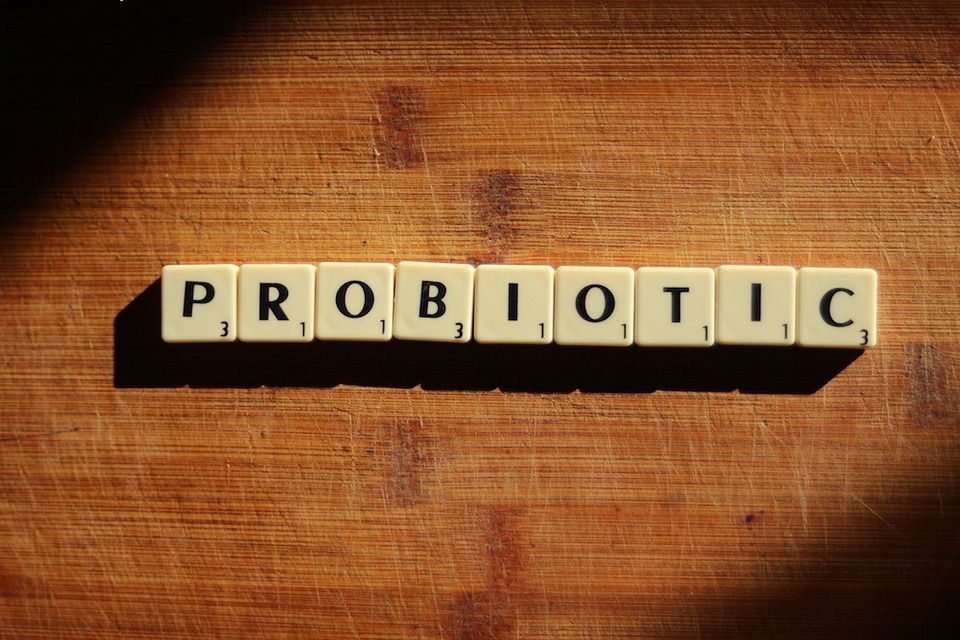You may have heard of probiotics and prebiotics, but do you know what they are and how they work together to promote optimal health? In this blog post, we’ll dive into the world of gut health and explore the benefits of these two powerful compounds.
What Are Probiotics?
Probiotics are live microorganisms that can provide health benefits when consumed in adequate amounts. They are commonly referred to as “good bacteria” and are naturally found in the gut, as well as in certain foods and supplements.
Probiotics work by helping to maintain the balance of microorganisms in the gut, which is essential for optimal digestion, immune function, and overall health. They also help to prevent harmful bacteria from colonizing the gut, which can lead to a variety of health problems.
What Are Prebiotics?
Prebiotics are a type of fiber that can’t be digested by the body. Instead, they serve as food for the good bacteria in the gut, helping them to grow and flourish. Prebiotics are found in many fruits, vegetables, and whole grains, including:
- Bananas
- Onions
- Garlic
- Asparagus
- Artichokes
- Oats
- Barley
- Wheat bran
Prebiotics work by providing a food source for the good bacteria in the gut, allowing them to thrive and multiply. This, in turn, can lead to a healthier and more diverse gut microbiome.
The Benefits of Probiotics and Prebiotics
When consumed together, probiotics and prebiotics can work synergistically to provide a wide range of health benefits, including:
Improved Digestion
Probiotics and prebiotics work together to support optimal digestion. Probiotics help to break down food and absorb nutrients, while prebiotics provide a food source for the good bacteria in the gut, helping them to perform their digestive functions.
Enhanced Immune Function
Probiotics have been shown to enhance immune function by stimulating the production of antibodies and other immune cells. Prebiotics, meanwhile, help to support the growth and proliferation of beneficial gut bacteria, which can further support immune function.
Reduced Inflammation
Research suggests that probiotics and prebiotics may help to reduce inflammation in the gut and throughout the body. This is significant because chronic inflammation has been linked to a wide range of health problems, including heart disease, cancer, and autoimmune disorders.
Improved Mental Health
Studies have shown that the gut microbiome can have a significant impact on mental health. By promoting a healthy and diverse gut microbiome, probiotics and prebiotics may help to support optimal mental health and well-being.
Choosing Probiotic and Prebiotic Sources
When it comes to choosing probiotic and prebiotic sources, there are many options to consider. Here are a few tips to help you make the best choices for your health:
- Look for a diverse range of probiotic strains. Different strains of probiotics have different benefits, so it’s important to choose a supplement or food that contains a variety of strains.
- Choose prebiotic-rich foods. Fruits, vegetables, and whole grains are all excellent sources of prebiotics. Be sure to include a variety of these foods in your diet to support a healthy gut microbiome.
- Consider a probiotic supplement. If you don’t consume many probiotic-rich foods, or if you have specific health concerns, a probiotic supplement may be a good option. Look for a supplement that contains a diverse range of strains and has been tested for potency and purity.
Conclusion
Probiotics and prebiotics are essential for maintaining a healthy gut microbiome. They work together to promote digestive health, boost immunity, and prevent diseases. By incorporating probiotic and prebiotic-rich foods into your diet, you can support the growth of beneficial gut bacteria and improve your overall health and wellbeing.







